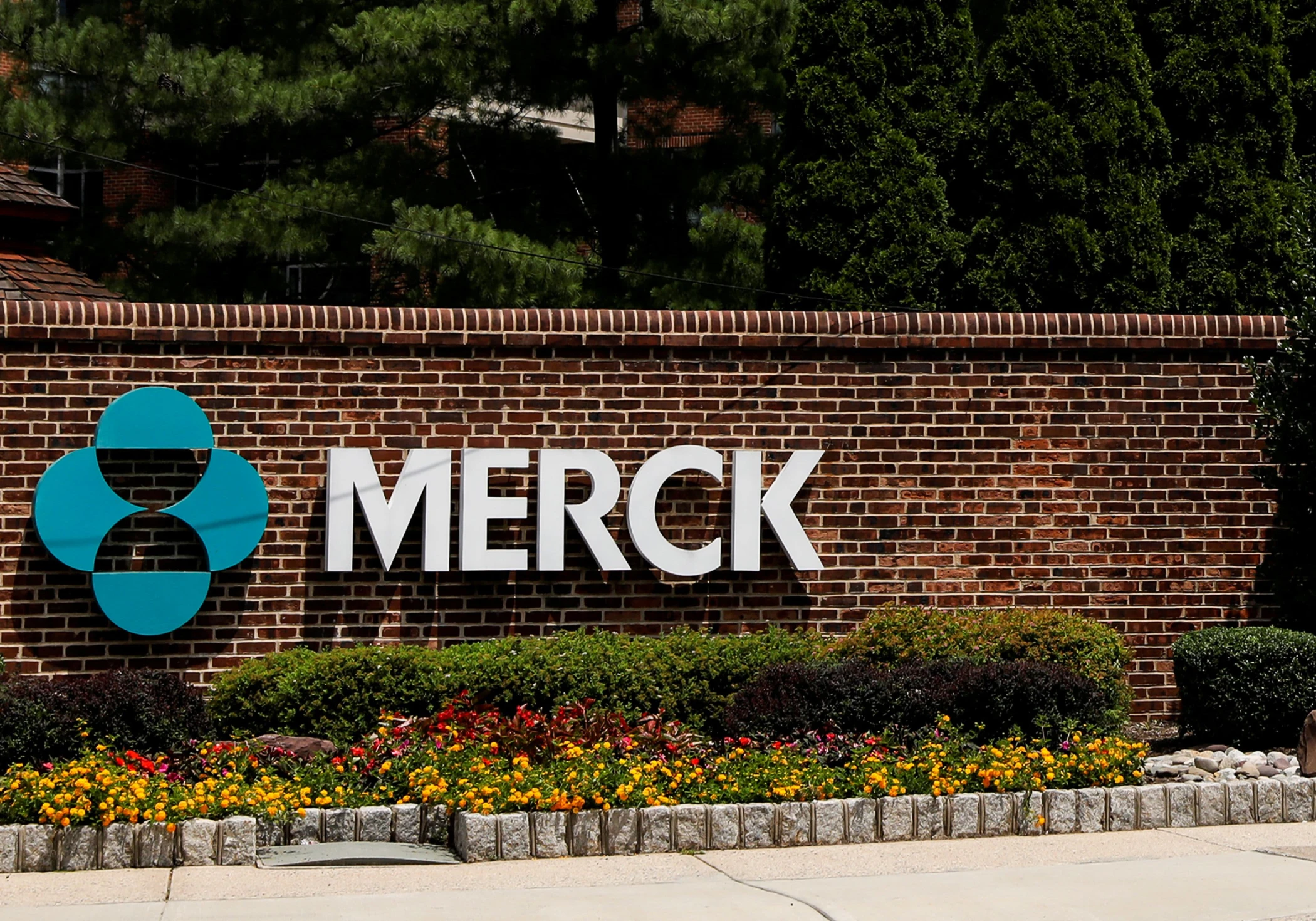
Merck & Co. kicked off a positive day for investors, exceeding analyst expectations for both revenue and adjusted earnings in its first-quarter report. The pharmaceutical giant's strong performance was driven by robust sales of its blockbuster cancer drug Keytruda and its vaccine portfolio. In April 2024, Merck invested more than €300 million in New Life Science Research Center, Germany. Merck reported first-quarter earnings per share of $2.07, adjusted for one-time costs, surpassing the $1.88 anticipated by analysts. Revenue for the quarter reached $15.78 billion, exceeding expectations of $15.20 billion. This translates to a 9% year-over-year increase.
Building on this momentum, Merck raised and narrowed its full-year revenue and adjusted earnings forecasts. The company now projects sales to fall within the range of $63.1 billion and $64.3 billion, up from the previously announced range of $62.7 billion to $64.2 billion. Adjusted earnings per share are expected to be between $8.53 and $8.65, exceeding the earlier forecast of $8.44 to $8.59 per share.
Merck's positive outlook reflects its proactive approach to preparing for the 2028 patent expiration of Keytruda, its best-selling cancer drug. While the loss of exclusivity might impact sales, Merck has strategically diversified its pipeline with new drug launches and acquisitions. Winrevair, a medication recently approved in the U.S. for a life-threatening lung condition, is a prime example. Analysts predict worldwide sales of Winrevair could reach $5 billion by 2030. Merck is already experiencing "high interest" from patients and healthcare providers, according to Chief Financial Officer Caroline Litchfield. Early access programs are underway, and several insurance companies have established coverage policies for the drug.
Merck is also bolstering its financial health through a company-wide restructuring program. This initiative aims to optimize the manufacturing network across its pharmaceutical and animal health divisions. While the first quarter saw restructuring charges of $246 million, these are excluded from the company's adjusted results and are expected to yield long-term benefits.
The pharmaceutical division, responsible for a wide range of treatments including oncology and infectious diseases, reported a 10% year-over-year revenue increase to $14.01 billion. Keytruda, the division's star performer, generated $6.95 billion in revenue, exceeding analyst expectations and reflecting a 20% year-over-year growth. This growth is attributed to increased patient adoption for both early-stage and metastatic cancers.
Merck's Gardasil vaccine, which protects against human papillomavirus (HPV), the most common sexually transmitted infection in the U.S., also witnessed a sales surge. Gardasil brought in $2.25 billion, exceeding analyst expectations and reflecting a 14% year-over-year increase. This growth is attributed to strong demand, particularly in China.
Merck's robust first-quarter performance and positive outlook for 2024 paint a promising picture for the company's future. Strategic investments, a focus on new drug development, and cost-cutting measures position Merck to weather the upcoming patent expiration of Keytruda and maintain its position as a leader in the fight against cancer and other diseases.
About Merck & Company
Merck & Co., Inc. is a worldwide pharmaceutical corporation based in Rahway, New Jersey. It was once known as the American part of the Merck Group, which was established in Germany in 1668. The company operates outside of the US and Canada under the name Merck Sharp & Dohme, or MSD. It consistently ranks in the top five pharmaceutical corporations worldwide in terms of revenue, making it one of the biggest in the world.
In 1891, Merck & Co. was founded as the Merck Group's American affiliate. Merck develops and manufactures biologic therapies, pharmaceuticals, vaccines, and items for animal health. It has a number of blockbuster medications or products, each with 2020 revenues, including as vaccinations against chickenpox and HPV, anti-diabetic medications, and cancer immunotherapy.











